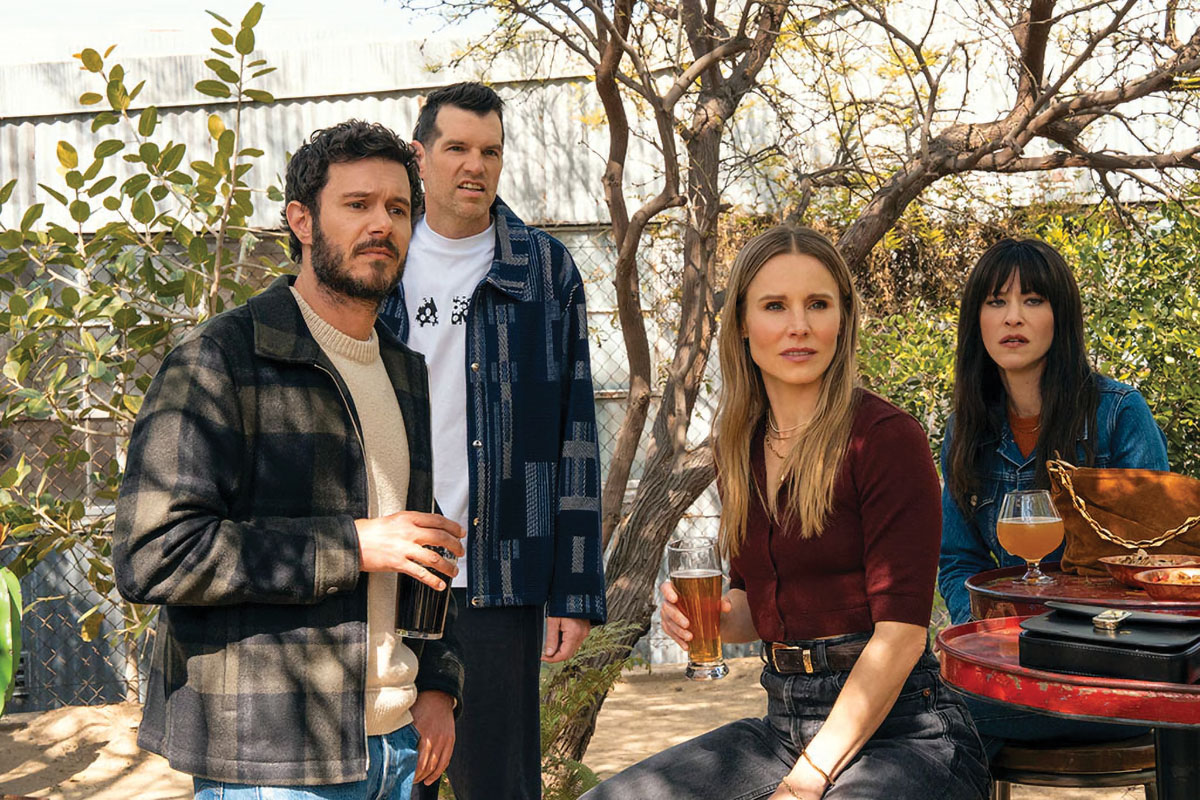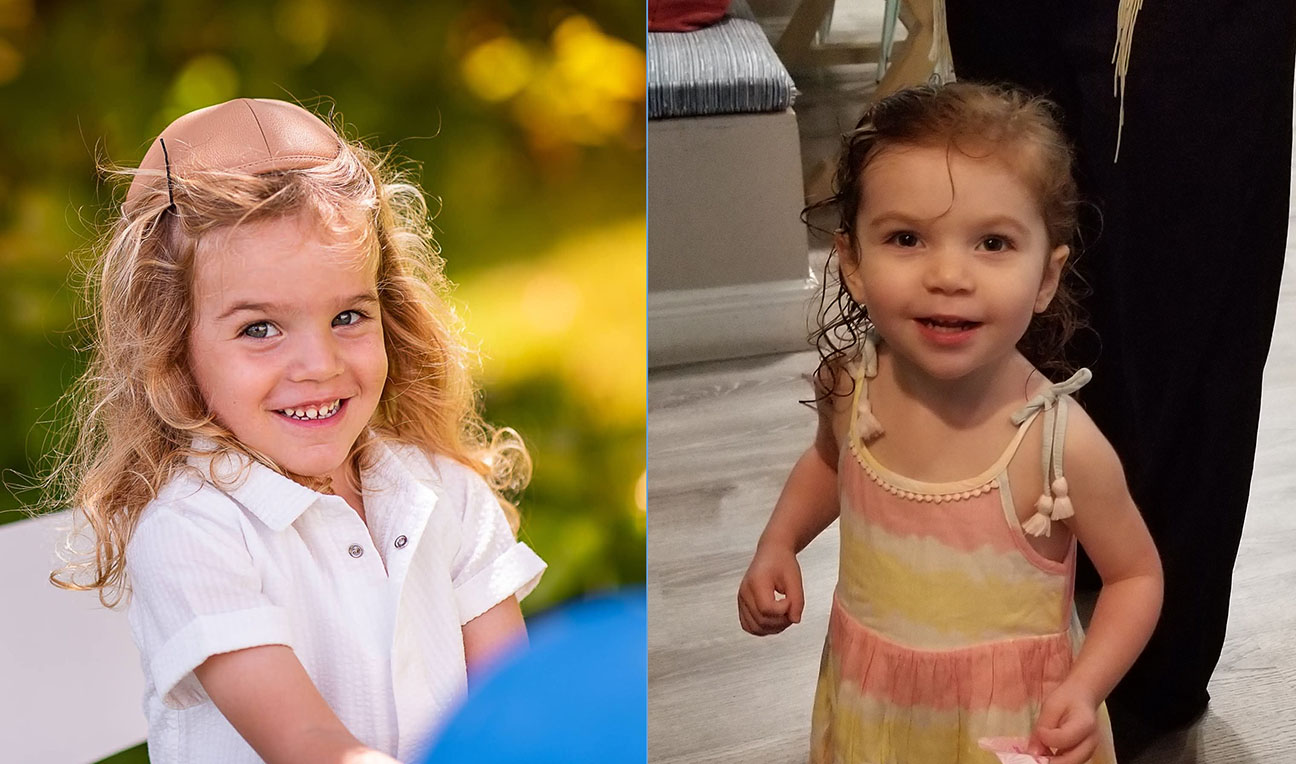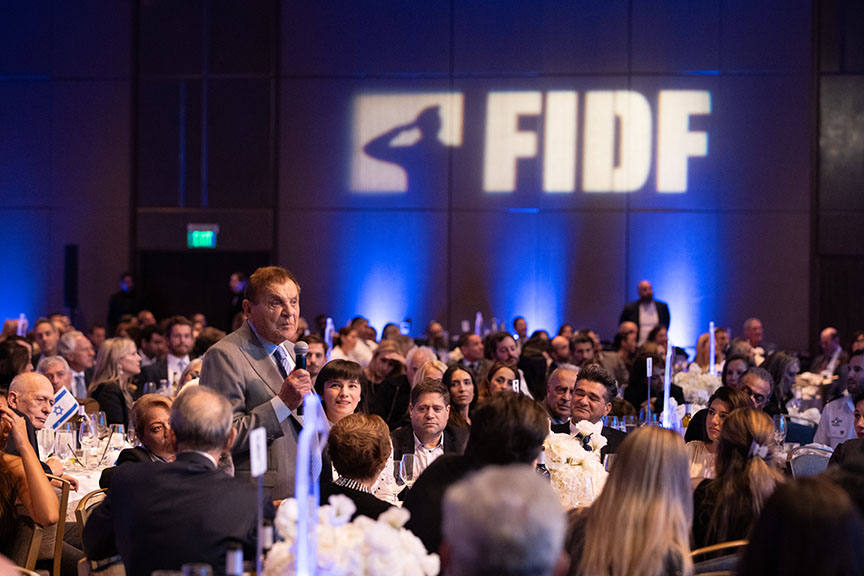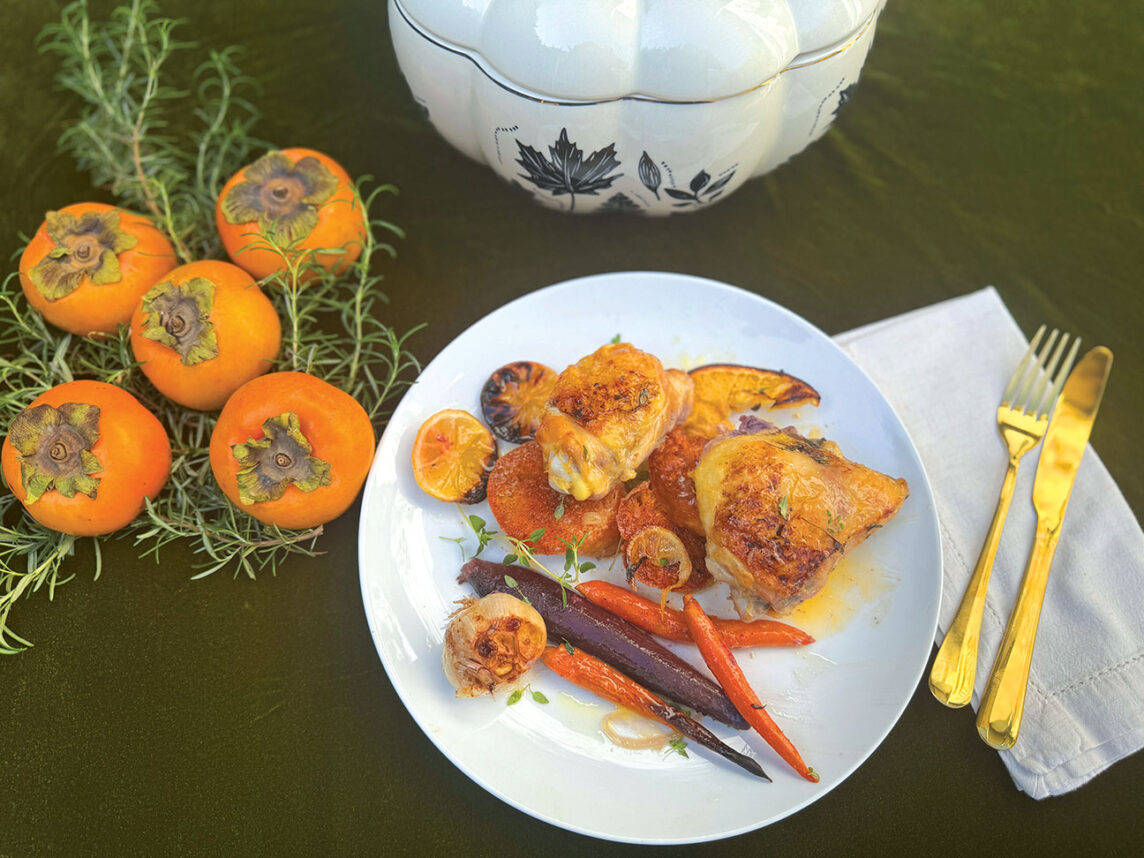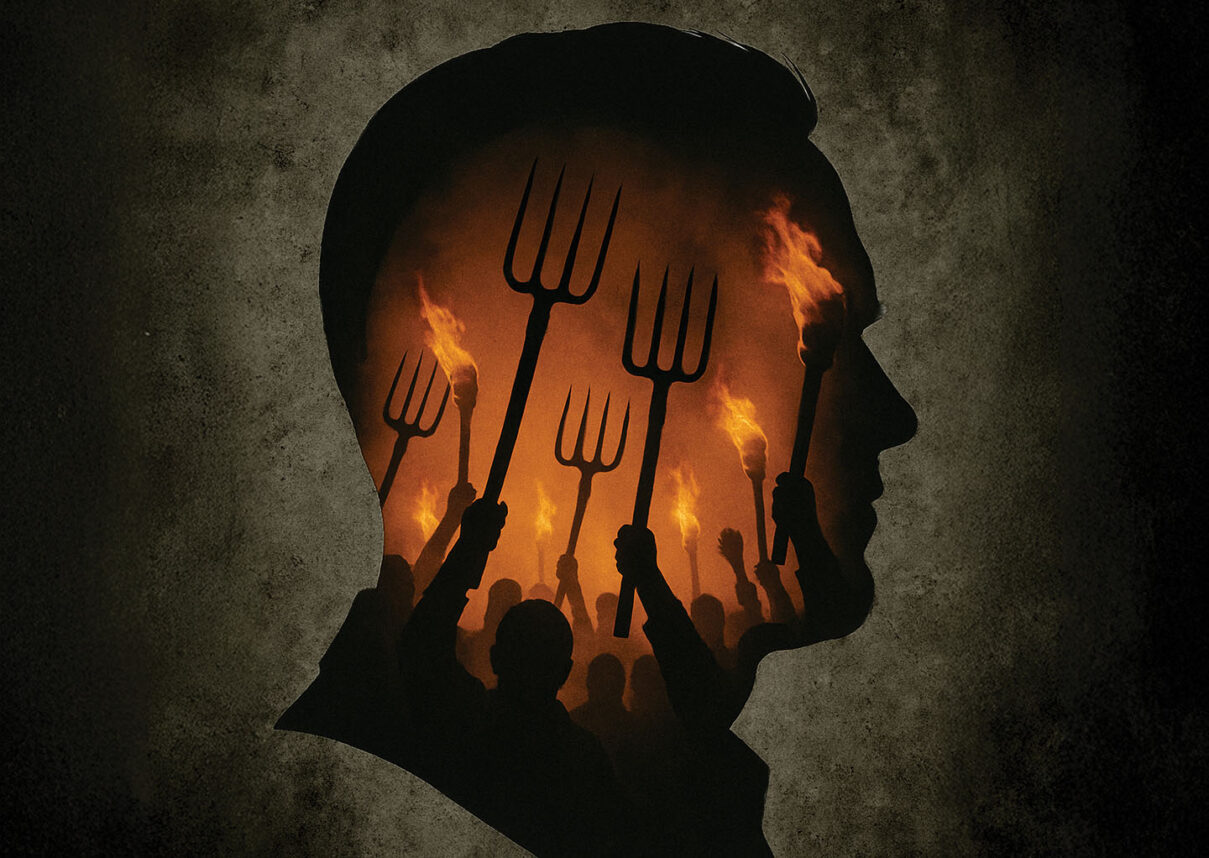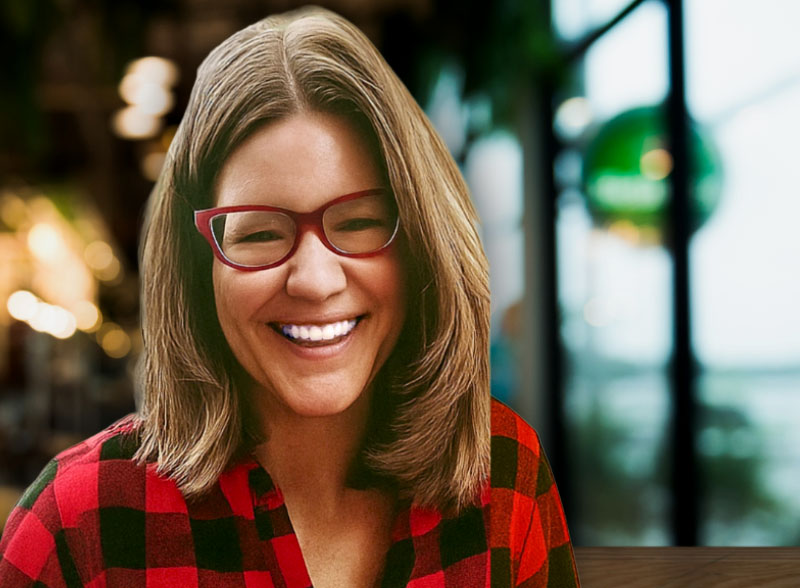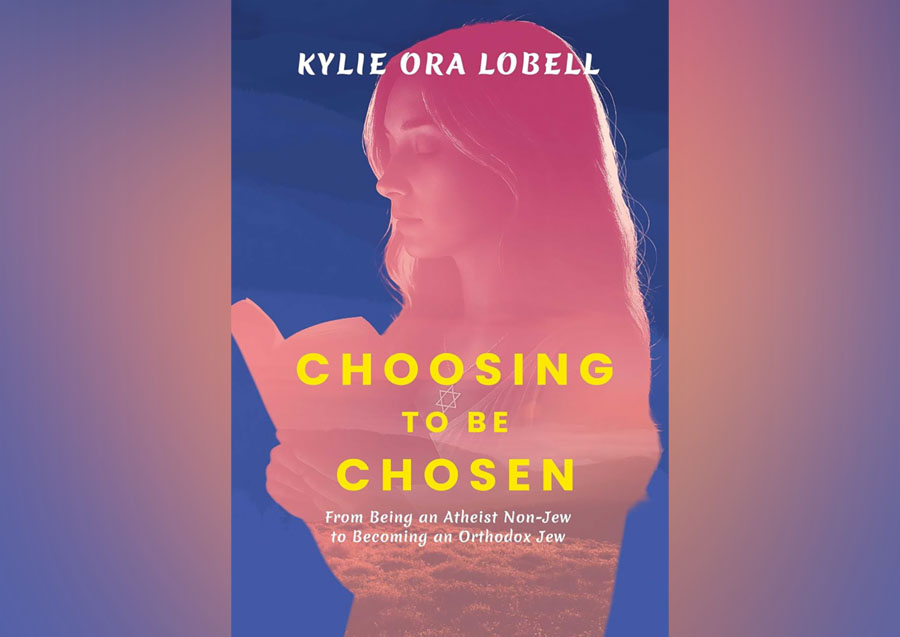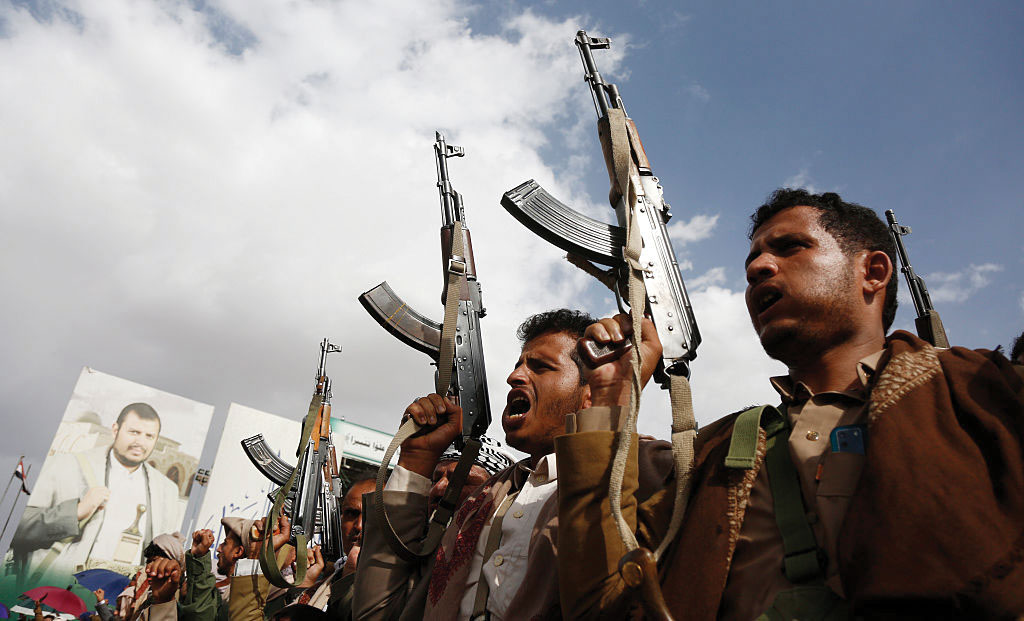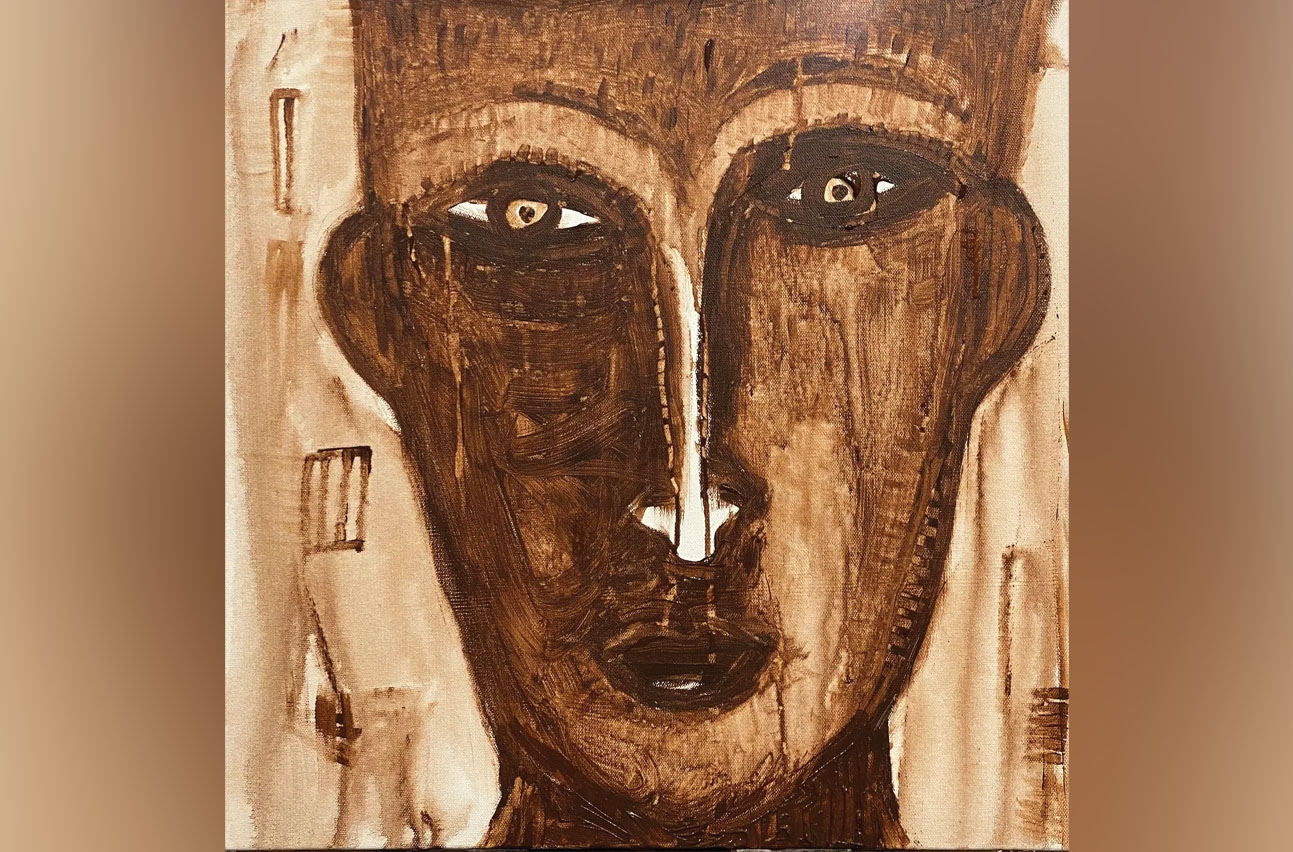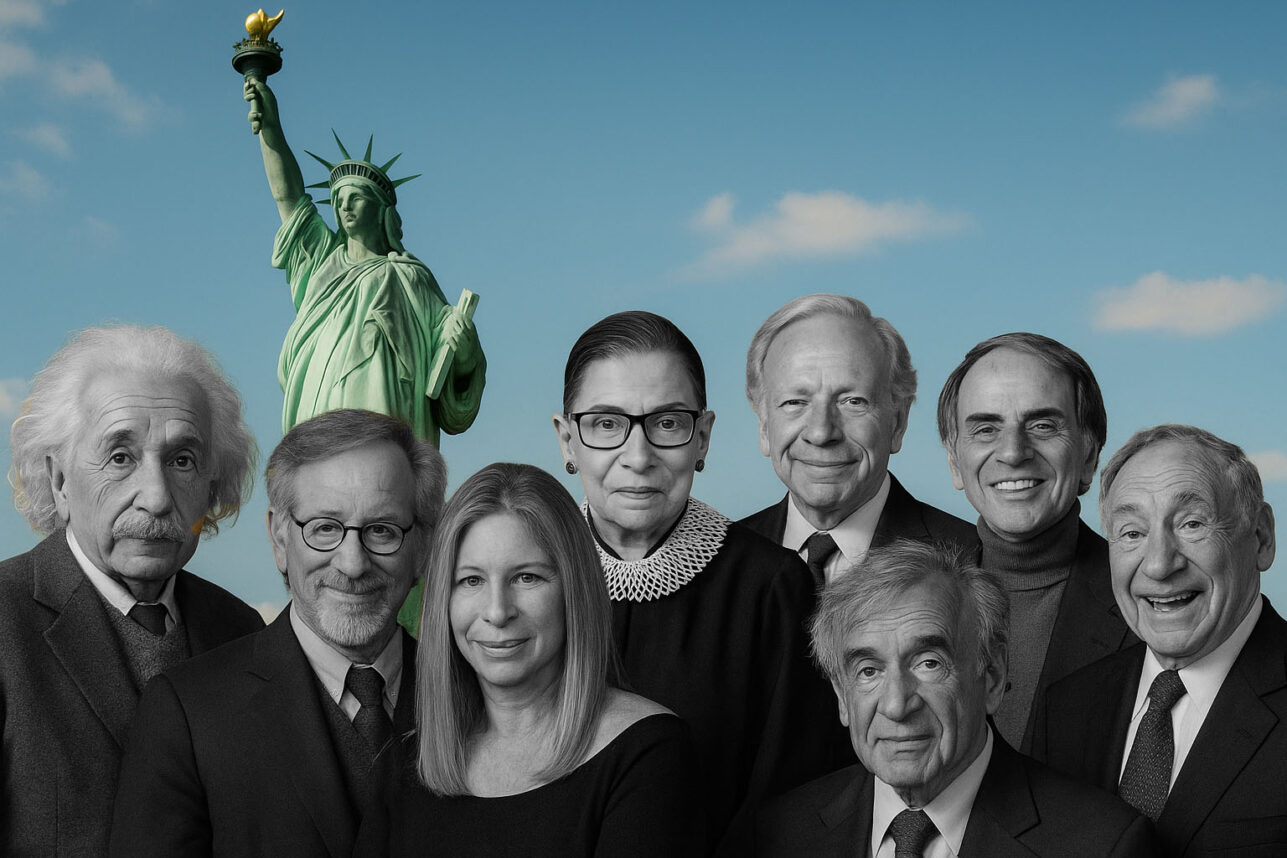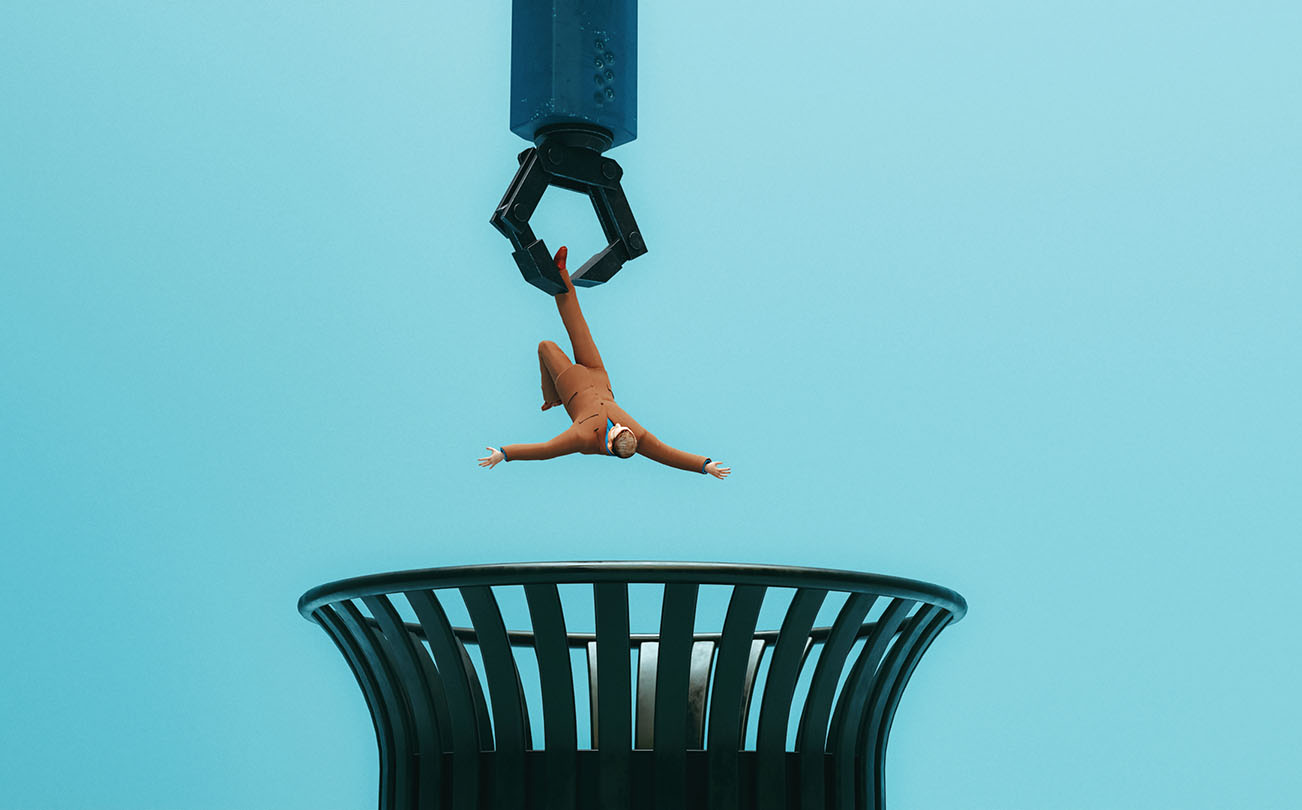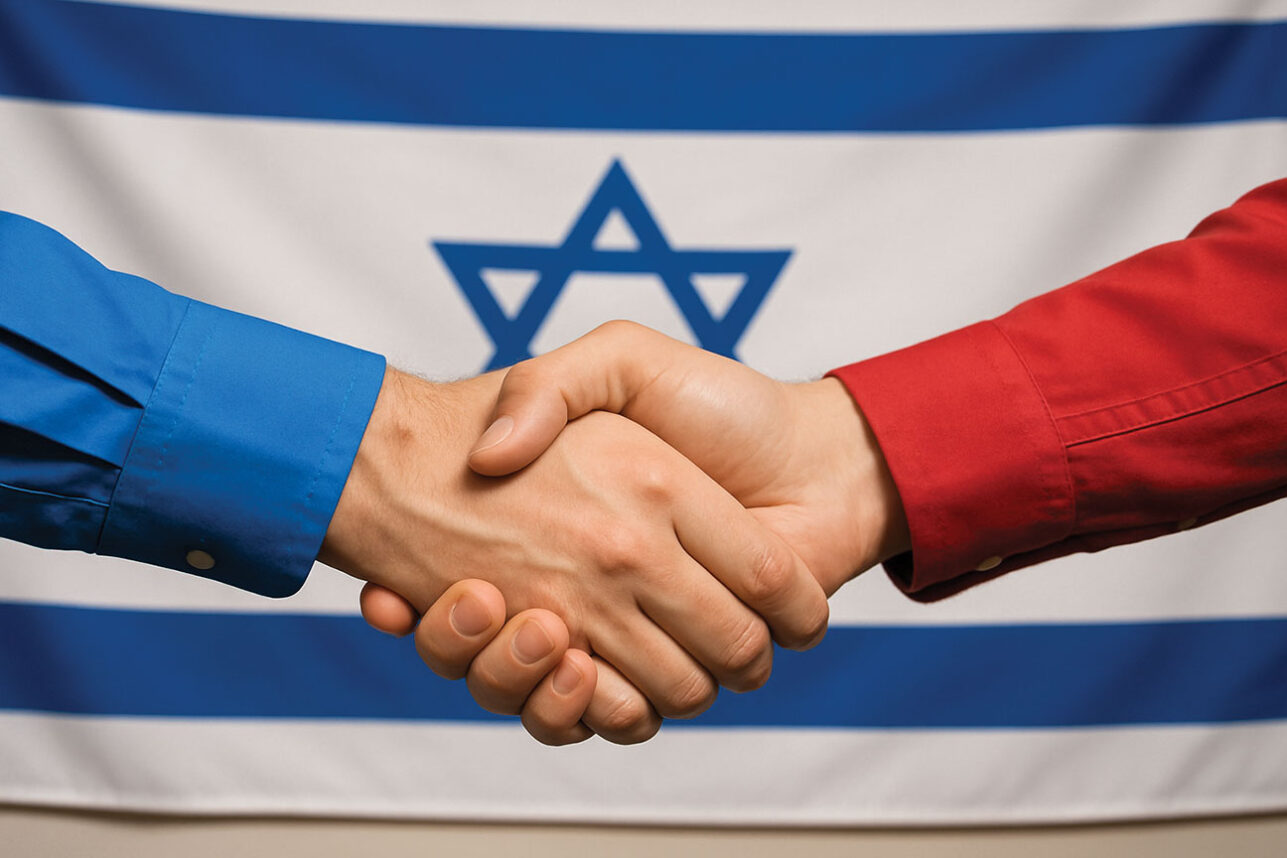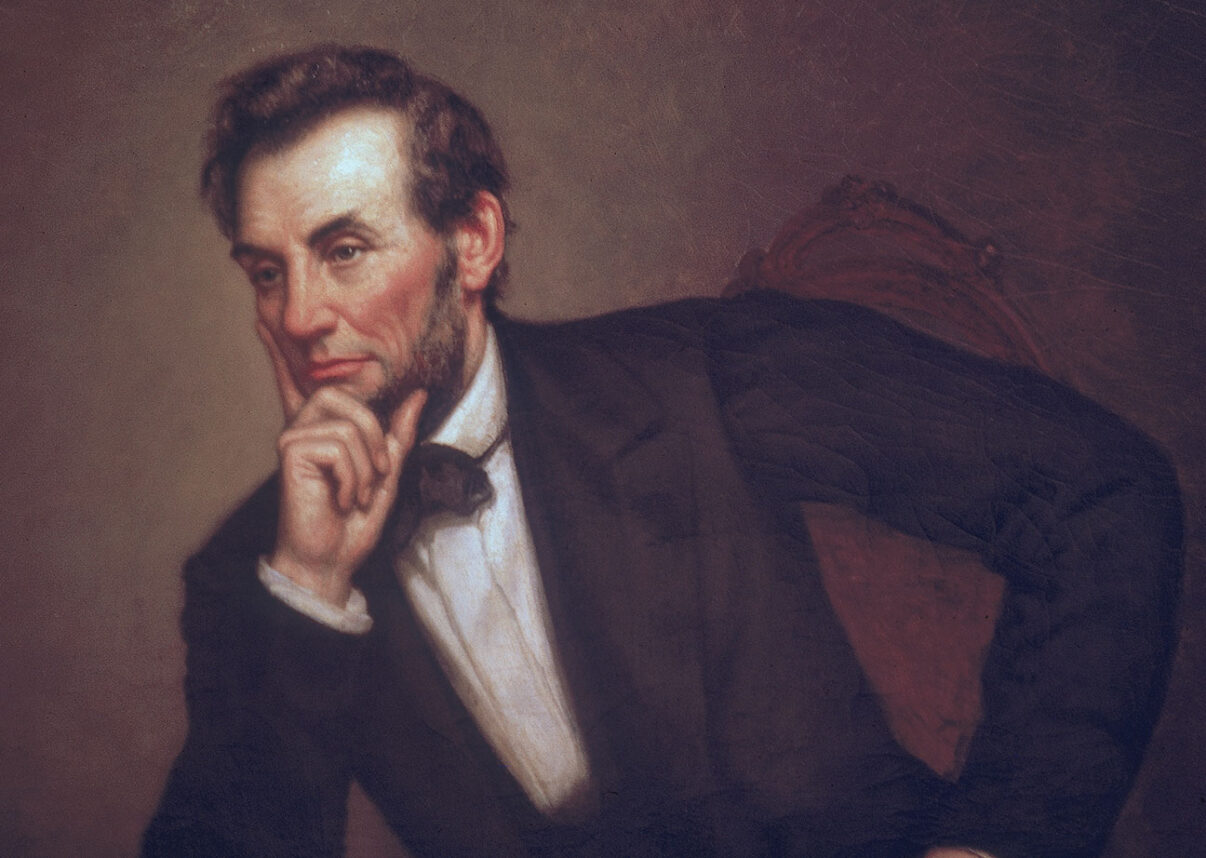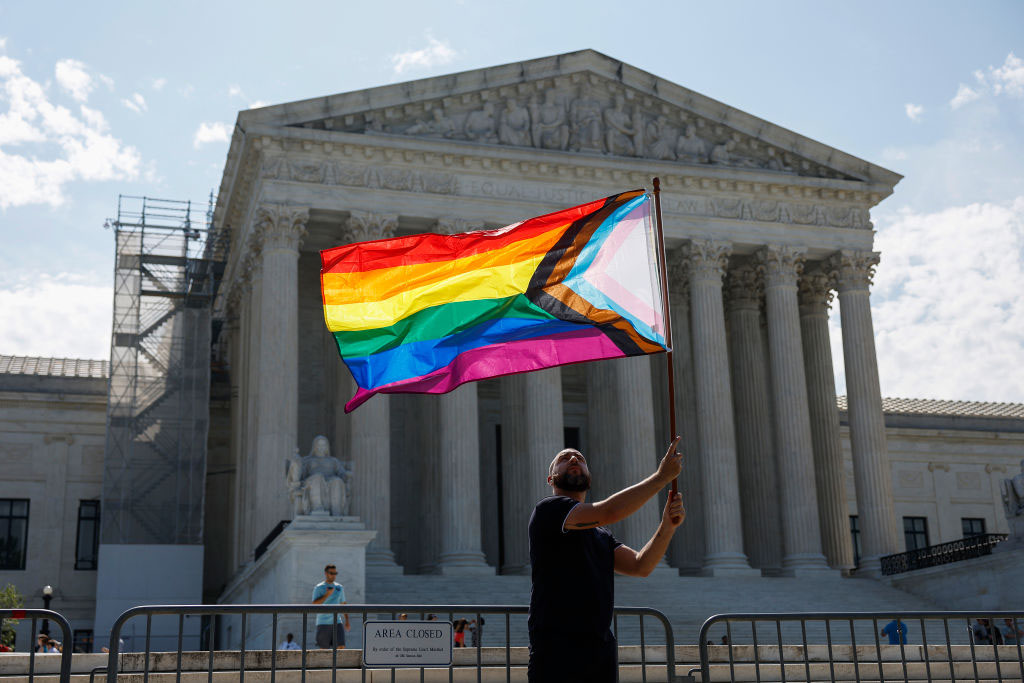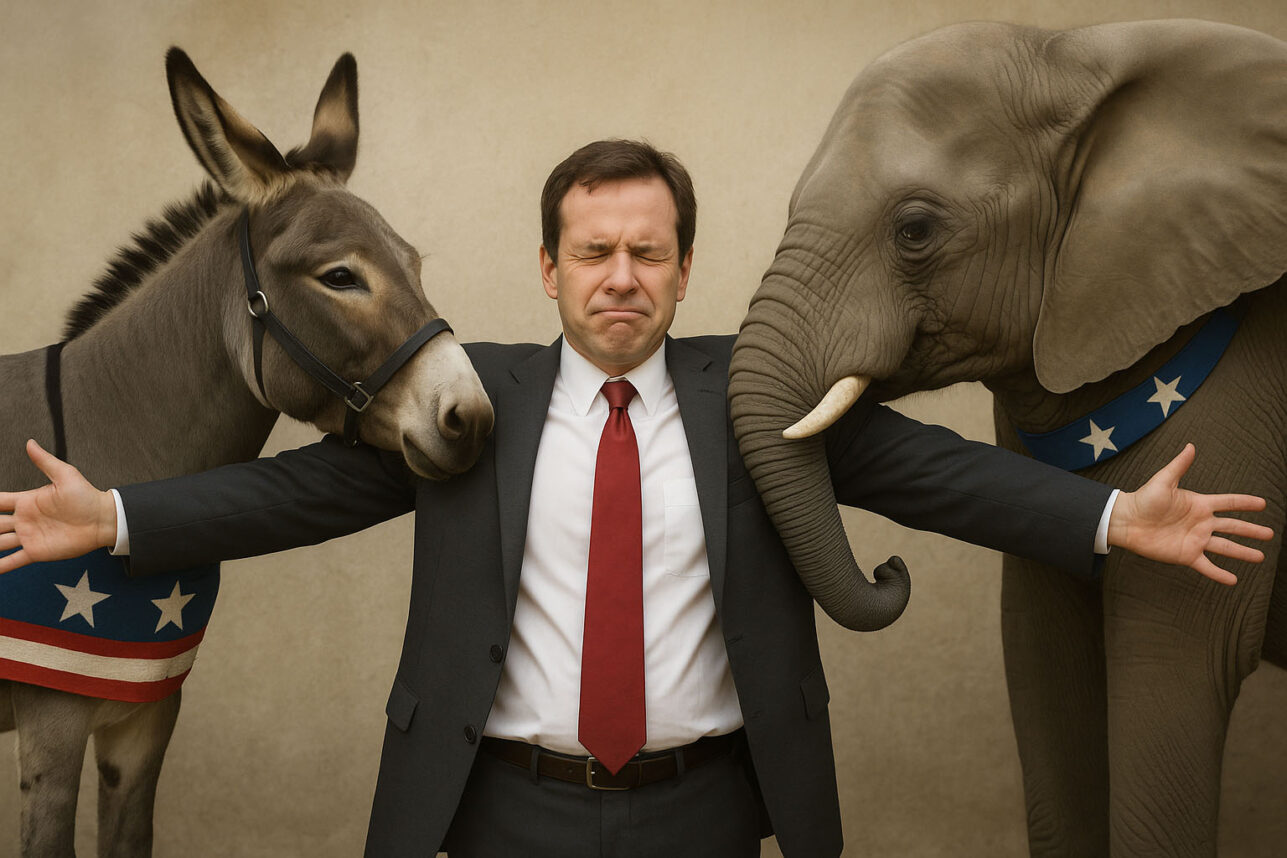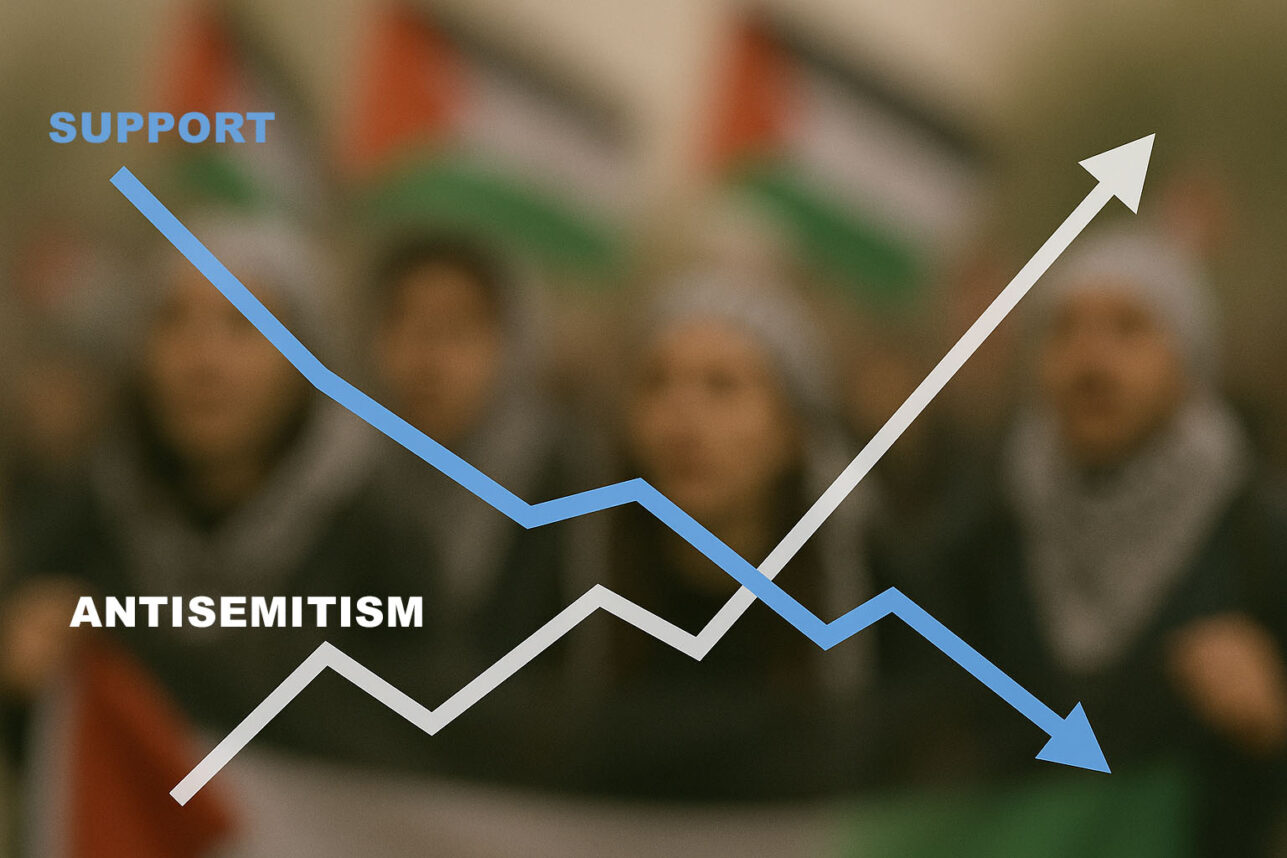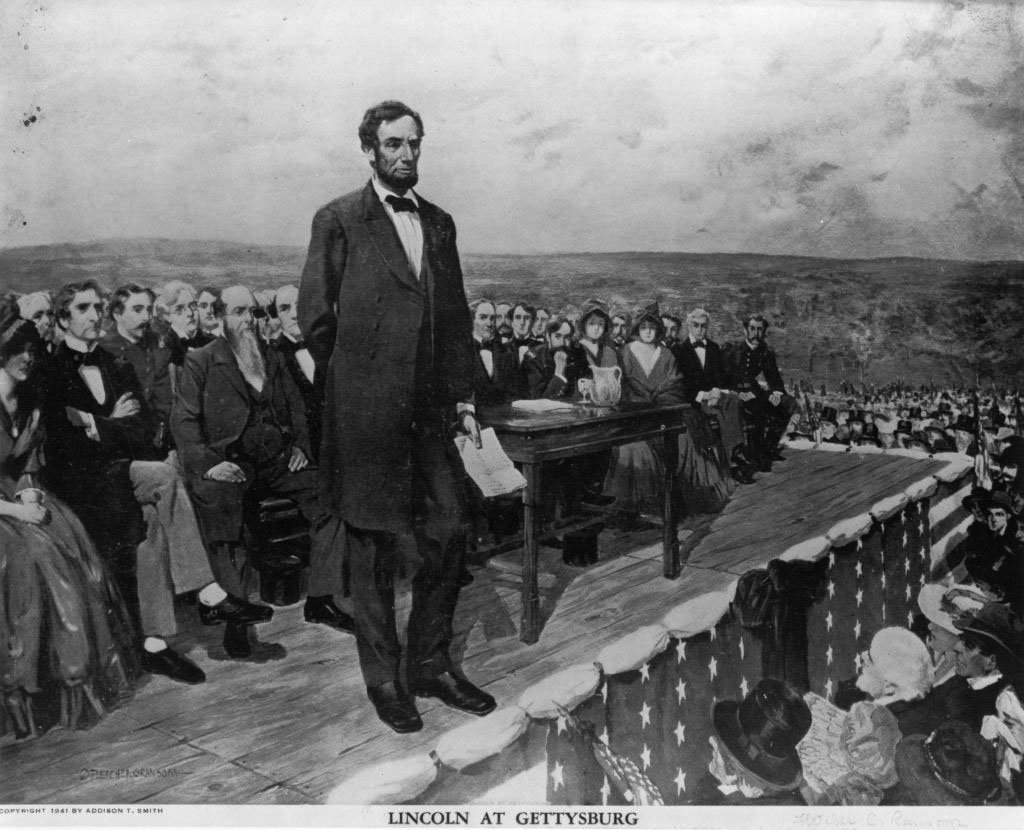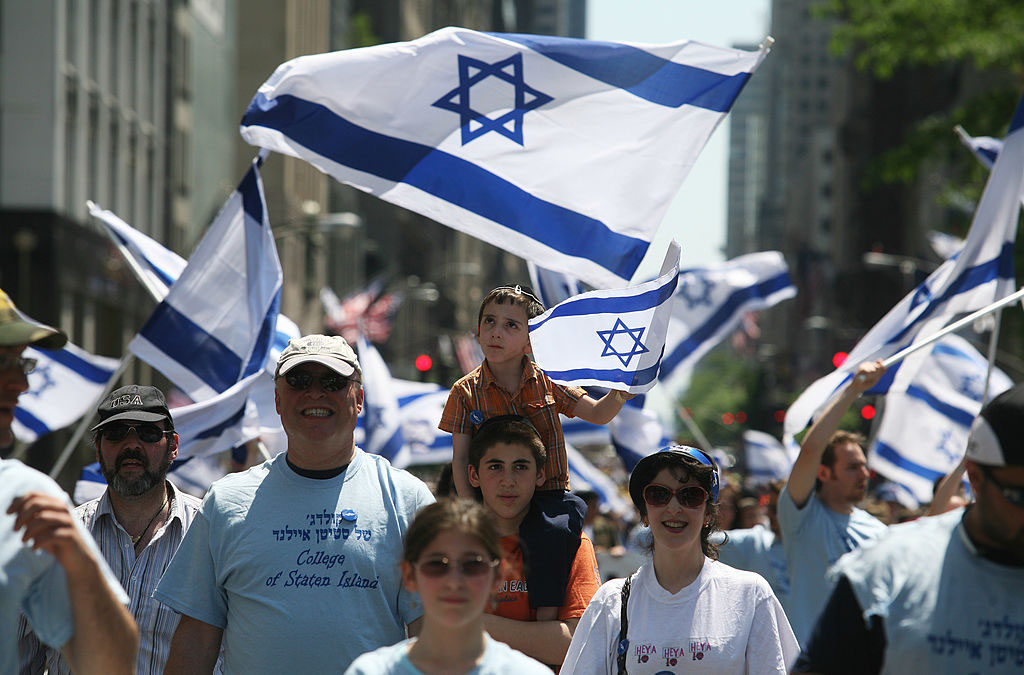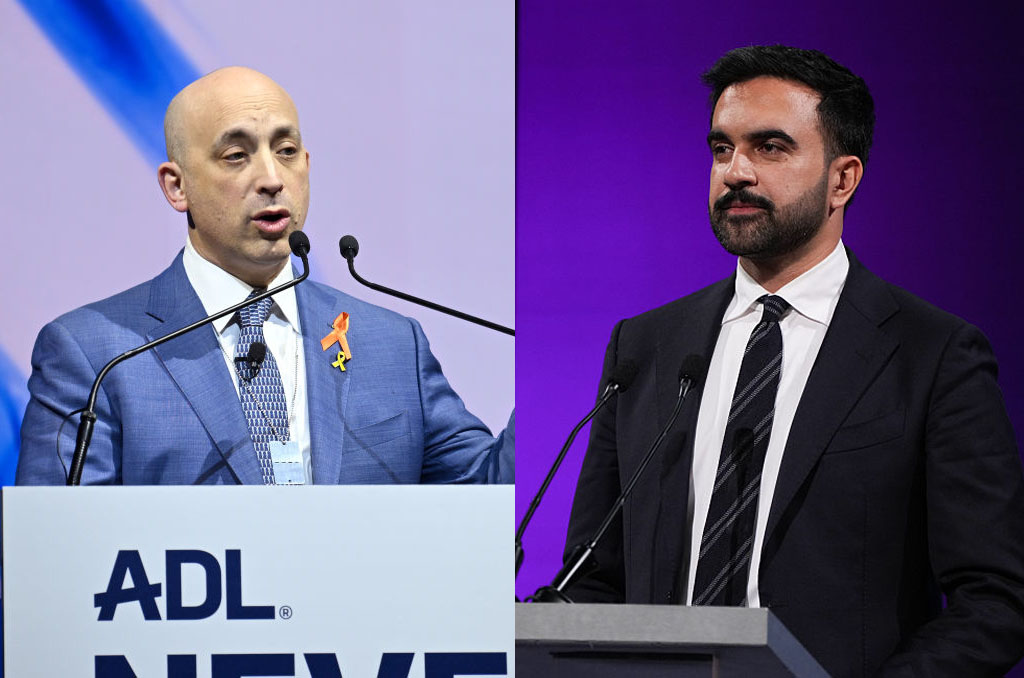
In these days of the COVID-19 pandemic, with many people out of work or cutting back on expenses, I keep thinking of a story that reminds us of what is important in life.
One of my great joys as a child was snooping in all the possible places in our home for the hidden Hanukkah gifts. I discovered the ultimate location one year behind our laundry room, in a far corner of the basement with electrical and heating cabinets. There they were, peeking out from under an old sheet: a beautiful new doll with a pink wooden crib (for me) and lots more. I kept the secret from my brothers and acted surprised when we actually received our gifts.
After that, I didn’t snoop again because I discovered it was more fun to really be surprised.
In our own nuclear family, we’d give our children one serious gift on the first night of Hanukkah and, sometimes, small items on subsequent nights. In later years, as the children married, were fruitful and multiplied, bli ayin hara, we resorted to the older Jewish custom of Hanukkah gelt (money), as it took less planning and shopping.
In the early 90s, we moved into a new home in Efrat, up the street from where we had rented since 1985. The house’s size was unpretentious, and our renovations were modest, but it put a strain on our finances. Among my splurges were wall-to-wall carpeting in the children’s bedrooms (rare in Israel) and — my dream since childhood — a beautiful bay window.
Both general and religious elementary and high school education in Israel are, theoretically, free, but most schools ask parents to pay additional fees to upgrade what the school can offer, such as smaller classes, additional courses (in addition to the usual books and supplies bought by parents) and so on, and we were big believers in after-school art, drama, dance and sports classes. So with six kids and a few already in (non-free) high schools, money was tight — and that was with my husband teaching the equivalent of a job and a half and me teaching part-time, writing a bit and working at various creative (but not very lucrative) projects.
In short, Hanukkah was drawing near, and we could not come up with a plan for gifts without plunging us into high-interest overdraft.
Hanukkah was drawing near, and we could not come up with a plan for gifts without plunging us deeper into high-interest overdraft.
And then an idea came to me.
A poem.
I wrote a two-page poem in Hebrew, printed it out six times and illustrated each one with small drawings and cartoons, different for each child.
And that was what we gave them on Hanukkah.
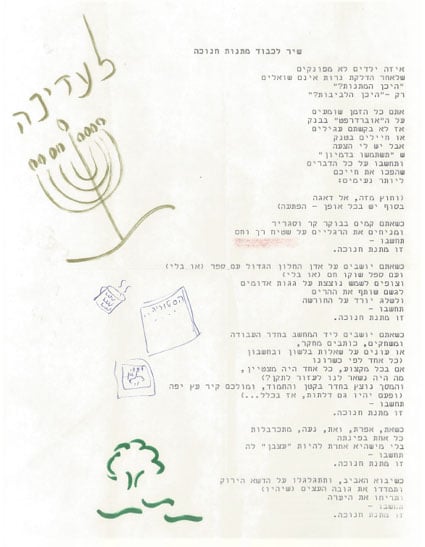
A few excerpts, in translation:
What unspoiled children you are
That after the lighting of candles you don’t ask
“Where are the gifts?”
Only — “Where are the latkes?”
You heard us talking
About our overdraft
So you didn’t ask for
Earrings or toy soldiers and tanks
But I have a suggestion —
That you use your imagination
And think about the things
That make your lives
More pleasant.
…
When you rise in the morning
And it’s crispy and cold outside
And you put your feet down on a soft, warm carpet
Think —
This is a Hanukkah gift.
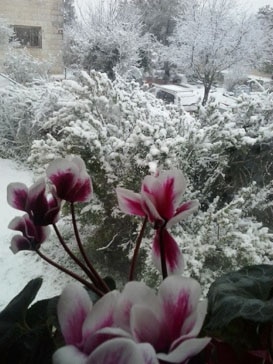
When you sit on the sill of our big bay window
With a book (or without)
And with a hot mug of cocoa (or without)
And look out at the sun sparkling on the red rooftops
Or at the rain washing the mountains
Or at the snow tumbling softly over the treetops
Think –
This is a Hanukkah gift.
And when you sit by the computer
In our small, charming office
(That used to be a laundry room)
Playing, or writing history papers
Or doing homework in language or math
And across from you is a warm, wood-paneled wall
Think —
This is a Hanukkah gift.
…
When the spring arrives,
And you roll around on the green lawn
And measure the heights of the growing saplings
And smell the honeysuckle
Think –
This is a Hanukkah gift.
…
And remember
That the light in our hearts
That you have put there
Is the most beautiful gift of all.
Have a joyous festival of lights!
With love,
Abba and Ima
Thank God, I guess we did something right (or raised amazing actors) because the children loved the poem and the drawings and said they were the best gifts they ever got. (And in the end, we also slipped them a bit of Hanukkah gelt.)
Our children grew, went off to college, worked and got married. One day, I got a phone call from our son in the army. He needed a certain document and asked me to get it from his top desk drawer and fax it to him.
“You don’t mind me going through your drawer?” I asked.
“Nope, no big secrets there.”
I found the document, and in the process, I found the poem I had given him about sixteen years earlier. He had saved it along with other papers that he considered important. And I found something else.
His own poetry. Lots of it.
I called him back and told him that I found the document, was touched that he had saved my poem and asked, “When did you start writing poetry?” I vaguely remembered one poem of his in a youth club newspaper — not the reams I saw now.
“Oh, in high school, I think.”
“It’s very good.”
“Thanks,” said the soldier, and he returned to his job.
He went on to become the chief intelligence officer of an elite anti-terrorist unit, and the army awarded him five citations of excellence during the seven years and eight months he served. And he still writes poetry.
While writing this piece, I WhatsApped my kids and asked who still had my poem. Most of them did. One of my daughters — who has moved many times since then and is raising five children in the Negev — knew exactly where to find it, scanned it and sent it to me.
Thank God we are blessed that now we are more easily able to give our children and grandchildren gifts (gelt or otherwise) on Hanukkah. But the light in our hearts that they have put there, is, for us, the most precious gift of all.
Happy Hanukkah!
Toby Klein Greenwald is an award-winning journalist, theater director and the editor-in-chief of WholeFamily.com.








